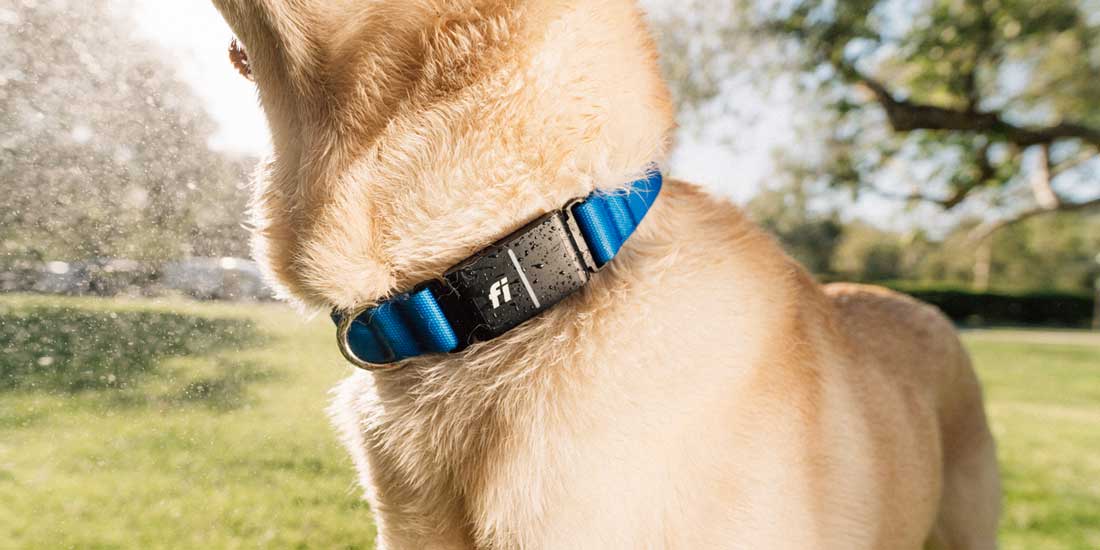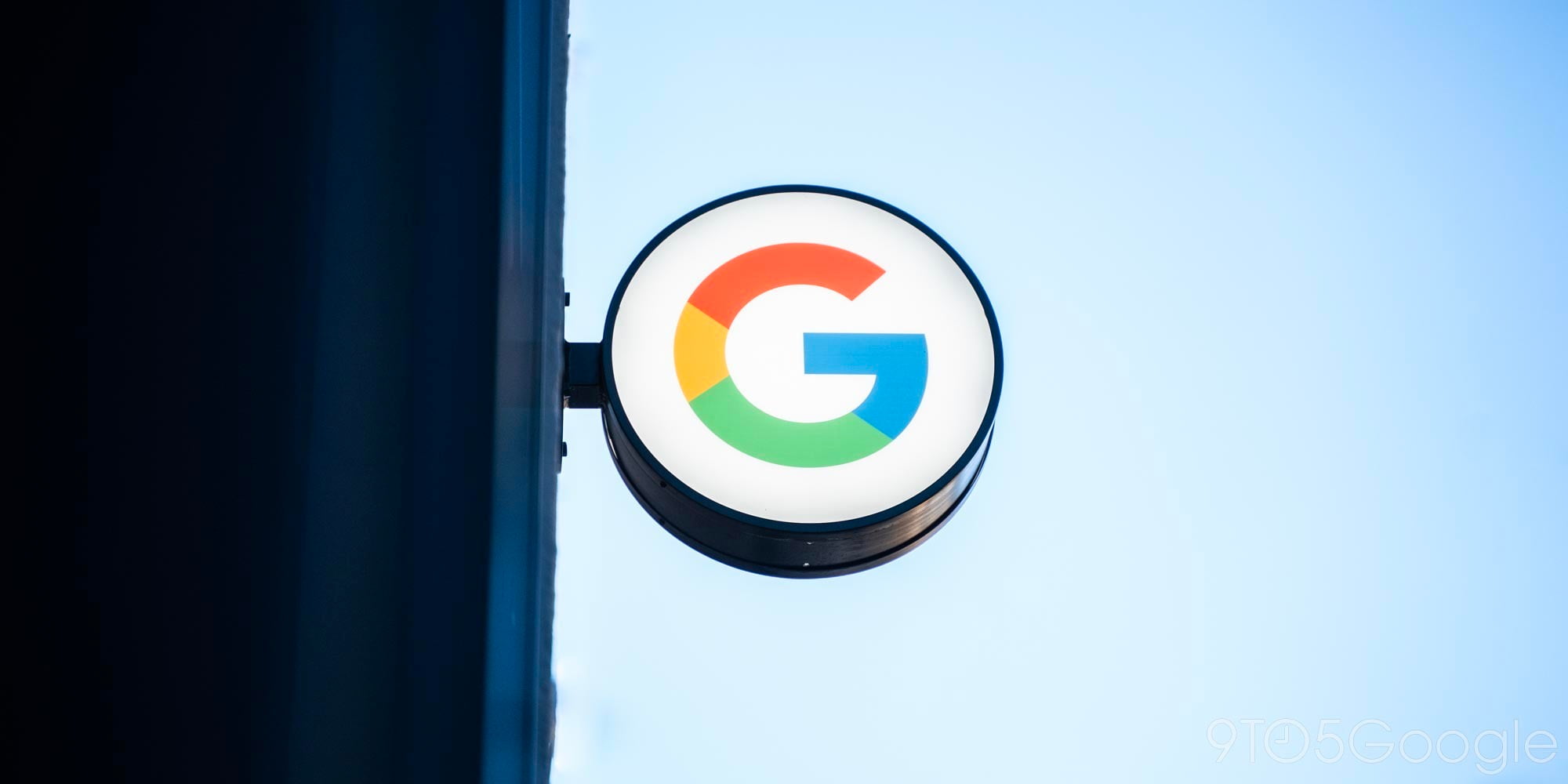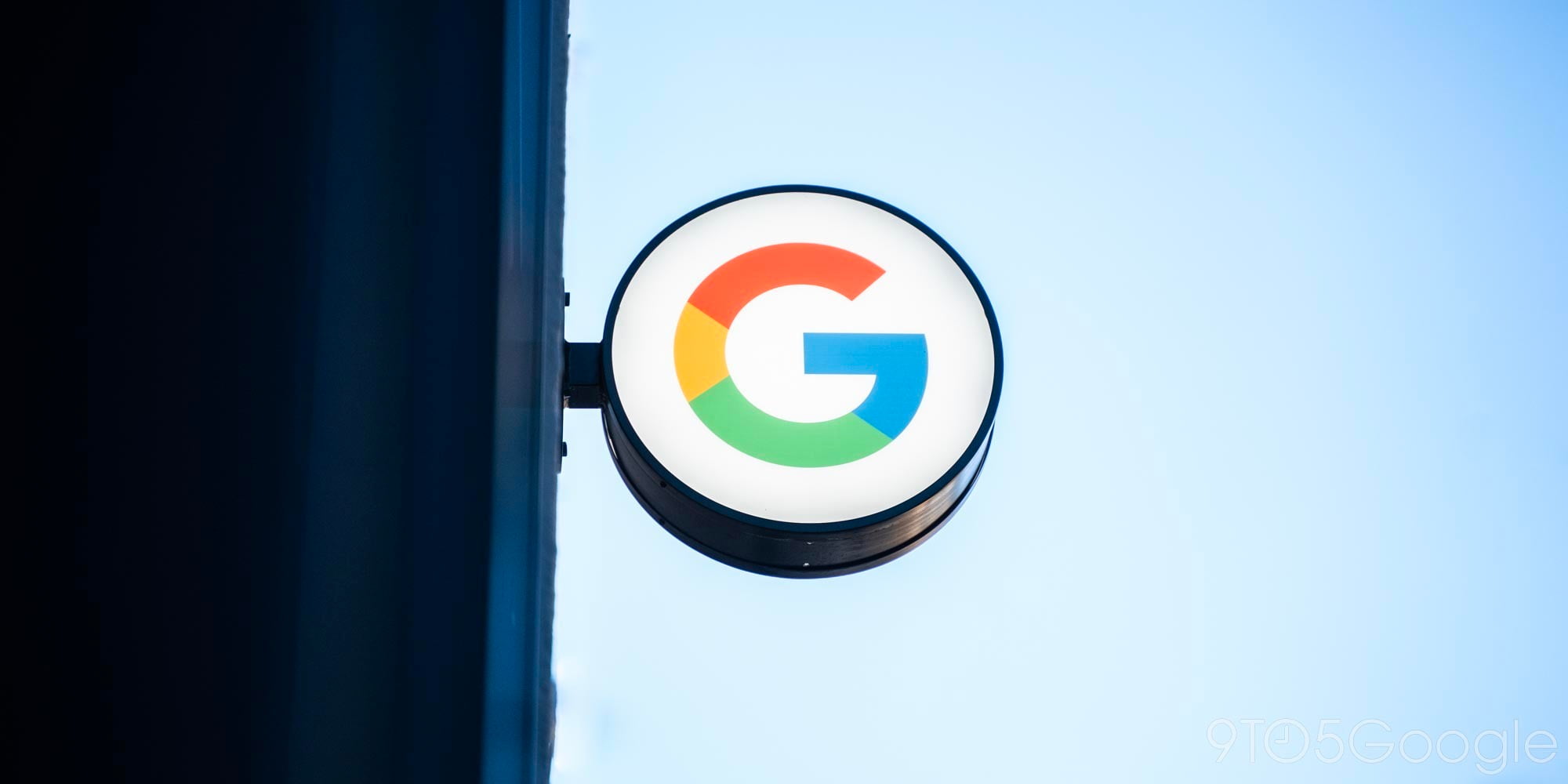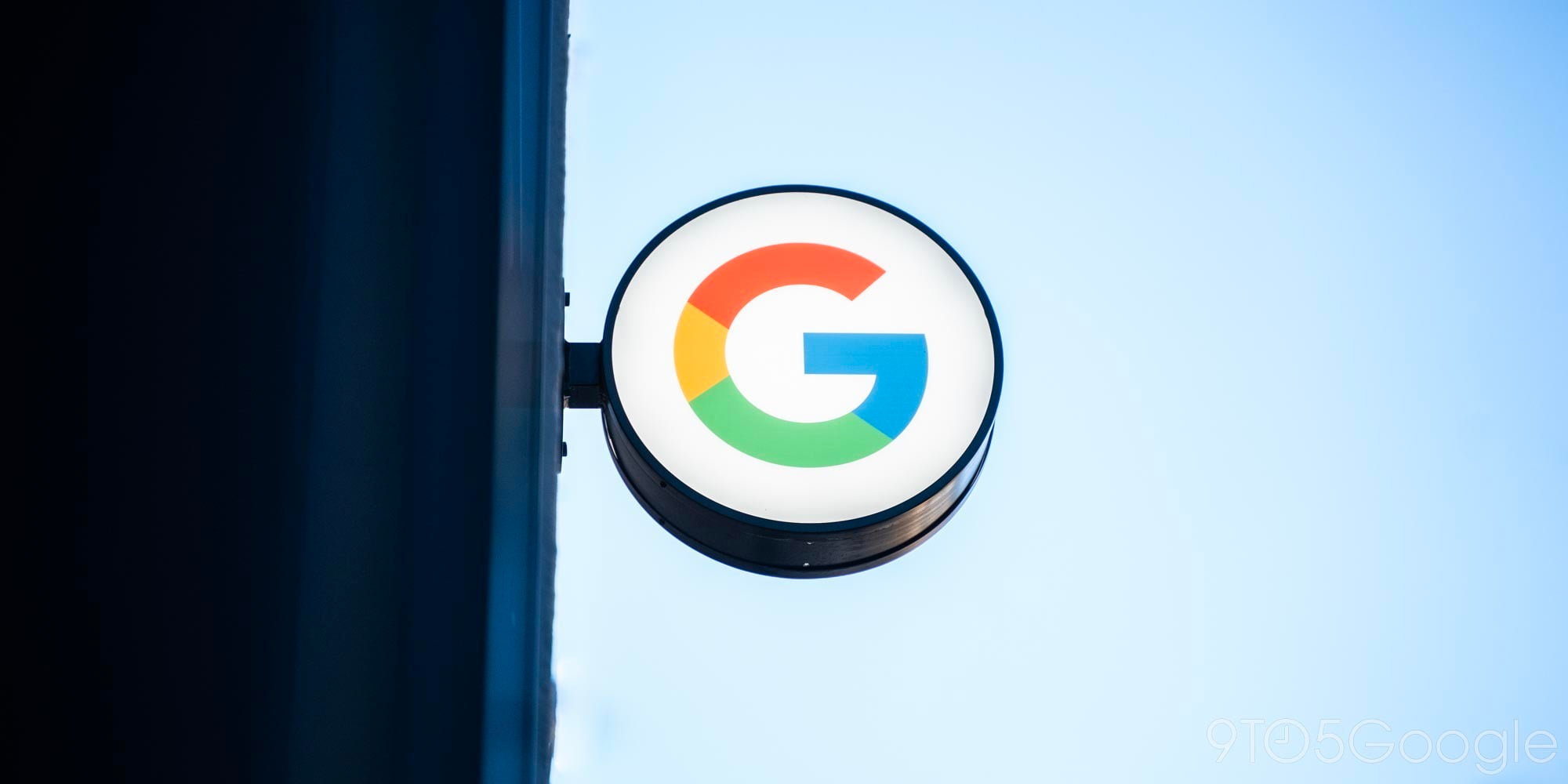
Runtastic, developers of several popular fitness apps, today announced it has been acquired by Adidas for € 220 million. The move, according to a press release from both companies, will help Adidas bolster its efforts in offering connected products and its vision of “the convergence of sport, digital and data in an always connected and always on-demand world.” Or in other words, Adidas now has a strong software component with a large user base to integrate with its digitally enabled sports products including balls, wrist devices, apparel, and shoes.
Adidas already offers several of its own mobile apps that cross over into Runtastic’s territory, such as the miCoach train & run app and the Adidas Go app that integrates with Spotify to offer music matched to a user’s running pace. Runtastic, however, has around 20 mobile apps related to fitness and health and claims around 140 million downloads and 70 million registered users. The company also offers a few hardware products, including a scale and fitness tracking devices, that compliment its fitness apps that integrate with other third-party hardware including Android Wear devices and other wearables.
It’s unclear what Adidas has planned for the company and its apps, but Runtastic will be joining the Adidas teams and building new experiences as part of the brand going forward. What exactly that means for the Runtastic brand and integration with Adidas products remains to be seen.








